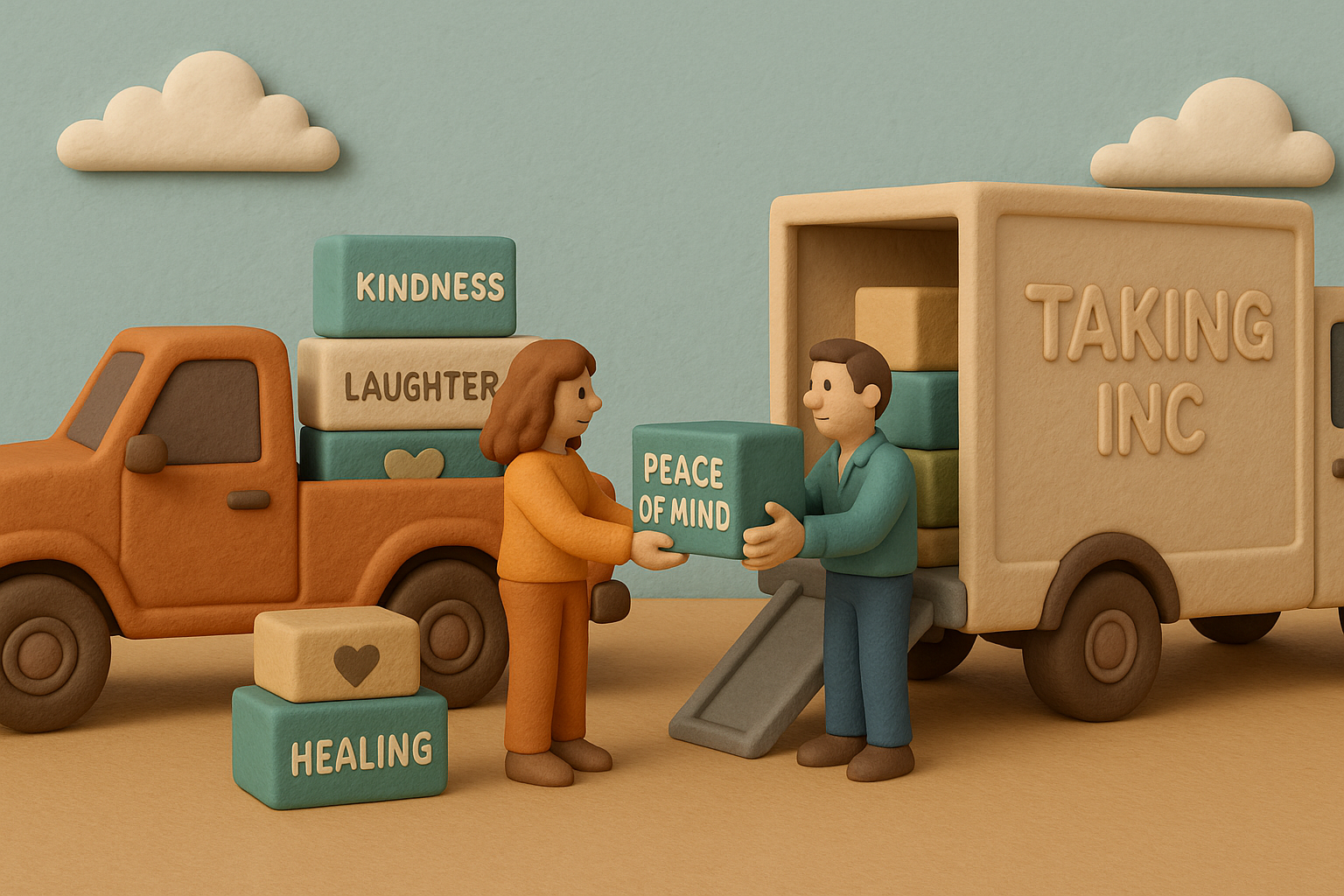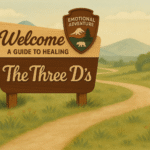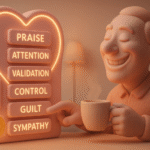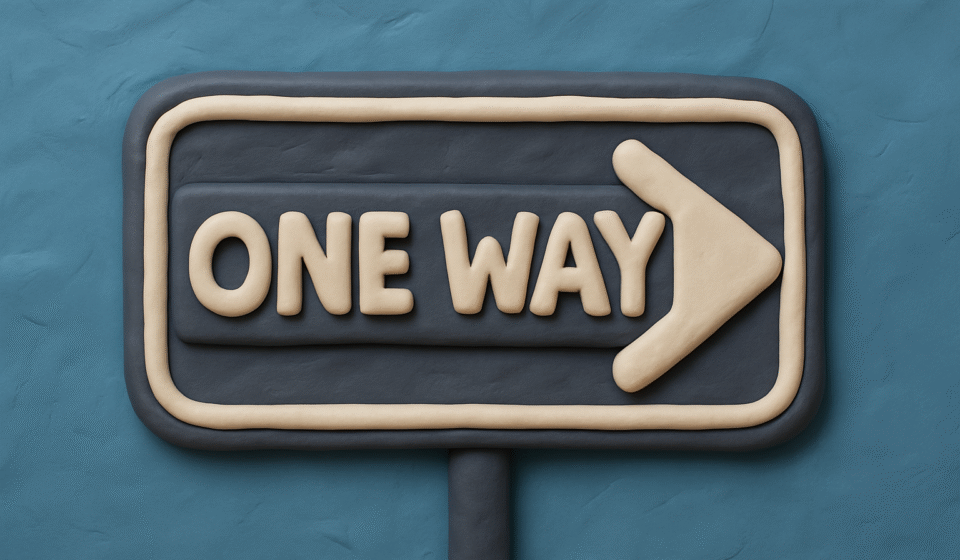
When the Road Only Goes One Way
And it always leads back to them.
Table Of Contents
Can you think of a relationship you’re currently in—or were once in—where it seemed like you were always the one stopping by, checking in, reaching out?
Birthdays, holidays, sick days, life changes—you showed up.
But them?
Not once. Not unless there was something they needed.
It didn’t feel like friendship. It felt like a favor.
And you started to notice…
the road between you only had one lane—and it always ran their direction.
They might appear to help you now and then—
but somehow, it always seemed to benefit them more than you.
It’s not like you were keeping score.
But at some point, it became painfully obvious.
You started to wonder:
Would we even have a relationship if I stopped calling?
What if I didn’t visit, didn’t send the birthday card, didn’t make the effort?
Because when you’re the only one nurturing a relationship…
it’s not a relationship.
It’s a facade.
If This Is You…
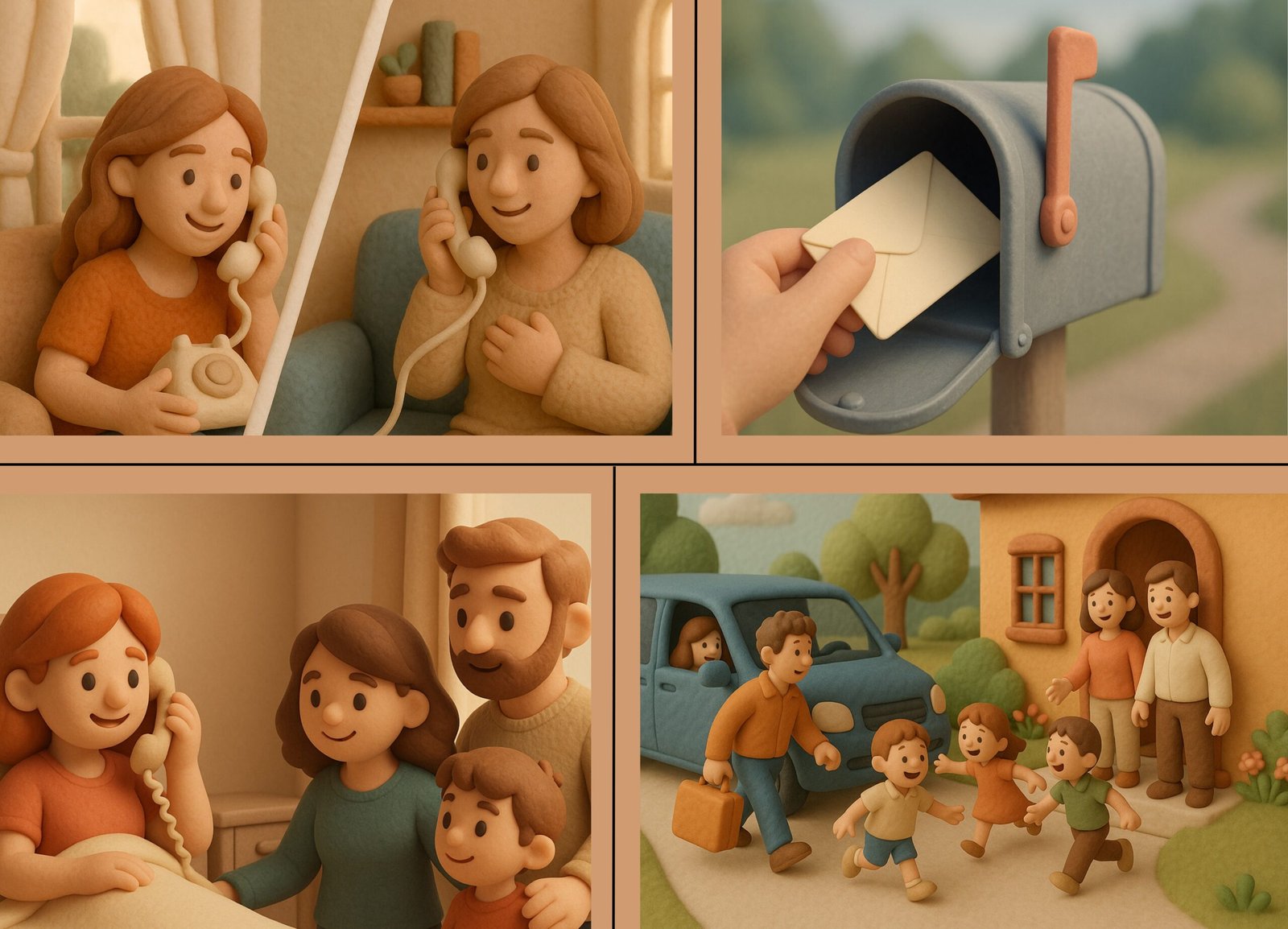
You’ve probably been told you’re “too sensitive.”
Or that you’re imagining things.
That it’s normal to feel drained, confused, or guilty after someone helps you.
But here’s the truth:
In healthy relationships, receiving help feels natural.
It feels safe.
It feels like care without a catch.
It’s only with certain people — the ones who twist giving into a form of control — that help starts to feel heavy.
Complicated.
Off.
Not because you’re broken.
Not because you’re ungrateful.
But because your spirit can sense when the giving isn’t clean.
Maybe you’ve:
-
Apologized for not being more grateful—when deep down, something felt off
-
Hesitated to share your wins—because you knew they’d find a way to make it about them
-
Caught yourself overexplaining, overgiving, overcompensating—just to keep the peace
-
Wondered if love was supposed to feel like a debt you never stop paying.
If any of that rings true… you’re not alone.
Because in one-way relationships, there’s usually a giver and a taker.
And no matter how much the giver gives—attention, time, help, patience—
the taker always wants more.
Not out of need, but out of entitlement.
And slowly, the giver starts to feel guilty for not being able to keep up.
For not being enough.
For even thinking about stepping back.
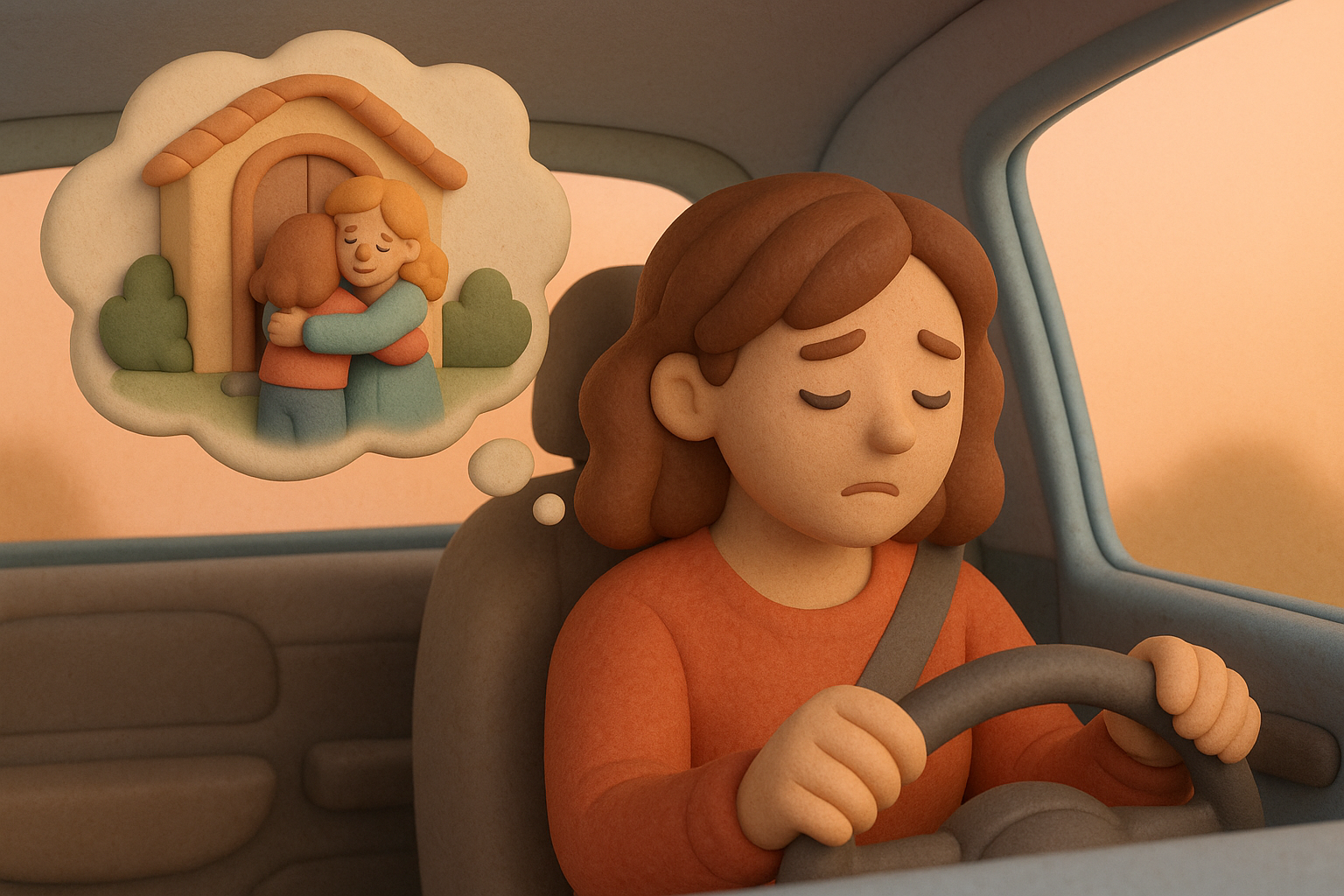
But here’s what’s important to remember:
Genuine relationships don’t drain you. They sustain you.
They flow both ways—sometimes unevenly, sure—but always with mutual care at the core.
If you’re always the one driving down the road…
Maybe it’s time to ask:
Do they ever meet you halfway?
Or are they only watching for what you’ll bring next?
“Spend time with those who celebrate you, not tolerate you.” — Anonymous
When “Help” Has a Hidden Hook
With narcissists, “help” often comes dressed as kindness…
but carries a contract you didn’t agree to.
-
They drop off a meal when you’re sick—but bring it up for months as proof of their generosity.
-
They offer to fix something around your house—but use it later to shame you for being “helpless.”
-
They listen to your worries—but only so they can file them away as weapons for a future argument.
It’s not always loud.
Sometimes, it’s quiet—subtle enough to make you second-guess your own feelings.
You ask yourself:
“Am I just being ungrateful? Overreacting?”
But deep down, you know.
You didn’t ask for that favor.
You didn’t want to owe them.
You just wanted to feel cared for—without strings.
And that’s the difference between genuine love… and strategic giving.
Going Deeper
It’s tempting to downplay it.
To tell yourself everyone gives a little more in some relationships.
To believe it’s just your role. Your nature. Your job to be the one who keeps things going.
But real love—healthy love—doesn’t hinge on how much you can endure.
Dr. Ramani Durvasula warns:
“Narcissists often disguise manipulation as kindness. They want you indebted, not empowered.”
In other words, the giving isn’t the problem.
The imbalance is.
The way their “help” comes with silent expectations…
and your help comes with silence from them.
You end up in a constant performance:
-
Grateful, even when you’re hurt.
-
Helpful, even when you’re empty.
-
Forgiving, even when they’re not sorry.
Dr. Les Carter explains this emotional wear-down:
“People stuck in one-way relationships begin to question their worth.
They confuse obligation with love—because that’s what they’ve been taught to do.”
That confusion runs deep.
Especially if you grew up in an environment where love had conditions…
Or care came with strings.
Where your emotional survival depended on reading between the lines.
But awareness is a powerful beginning.
And as Dr. Wayne Dyer once said:
“You cannot be lonely if you like the person you’re alone with.”
Healing begins when you step back from the people who only take—
and reconnect with the person you became while trying to earn their affection.
That version of you?
The one who kept showing up, kept trying, kept giving?
They’re not broken. They’re brave.
Now… they’re just tired.
And ready to walk a road that leads home to themselves.
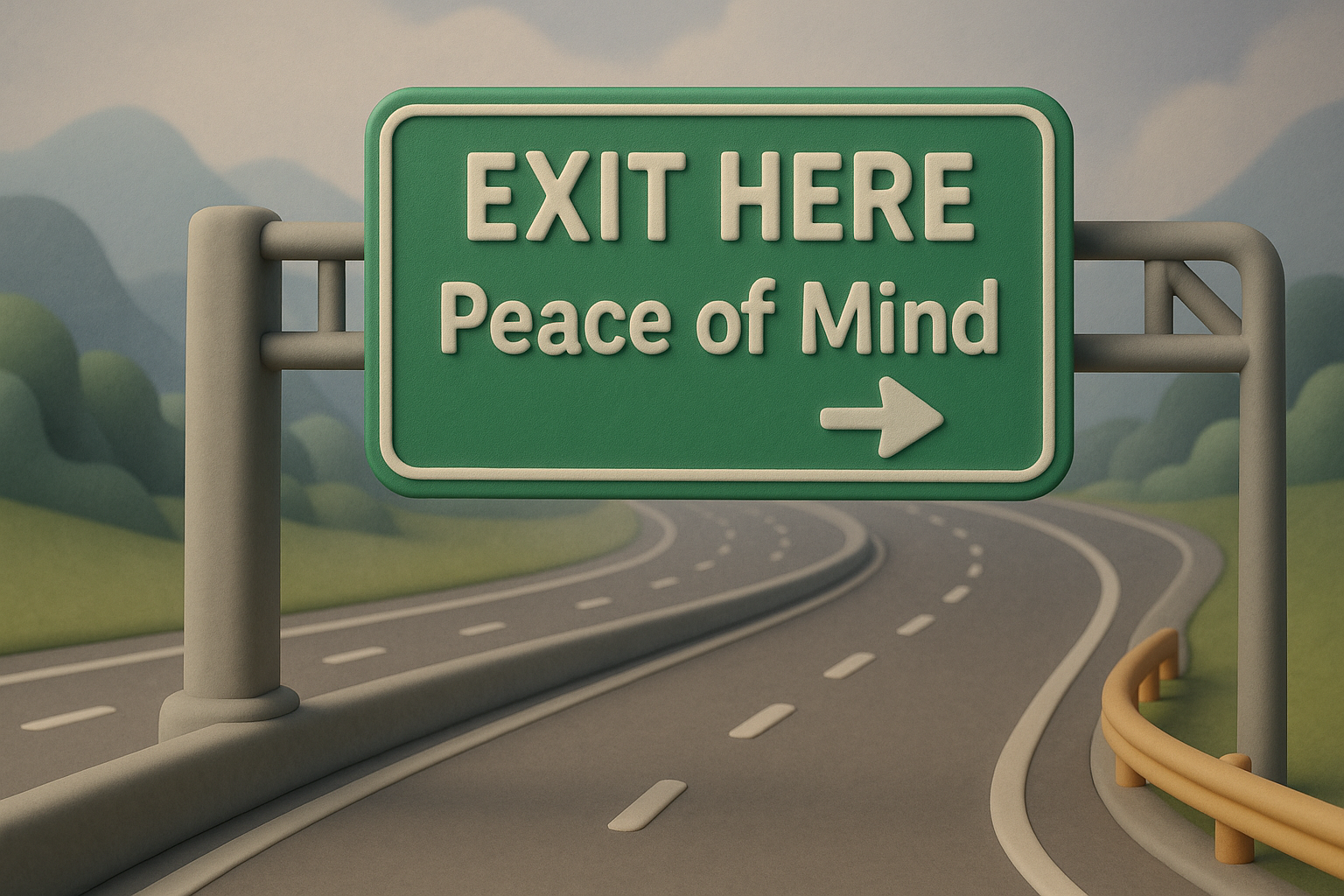
And maybe—just maybe—this is your sign.
That green exit up ahead? The one that says “Peace of Mind”?
It’s real.
You don’t have to stay stuck on someone else’s one-way freeway.
You can take the next exit.
You can leave the traffic of guilt, shame, and emotional detours behind—
and choose stillness, sanity, and your own direction.
A Spiritual Perspective: Letting Others Be, So You Can Be Free
Dr. Wayne Dyer once said:
“Love is the ability and willingness to allow those you care for to be what they choose for themselves—without any insistence that they satisfy you.”
That one quote changes everything when you realize it doesn’t just apply to the people you like—it also applies to the ones who hurt you.
Allowing someone to be exactly who they are—including selfish, narcissistic, or emotionally abusive—can be quietly empowering.
Because that same allowance applies to you.
You can choose to let them be who they are—without trying to fix them.
Just like many spiritual traditions teach that our Heavenly Father allows us the freedom to choose, to grow, to fall, to rise.
The Bible says:
“He sends rain on the just and the unjust.”
That sounds a lot like freedom.
Freedom doesn’t mean no consequences. Some call it karma. Others call it growth.
But in the end, one truth always remains:
There are things within your control. And things beyond it.
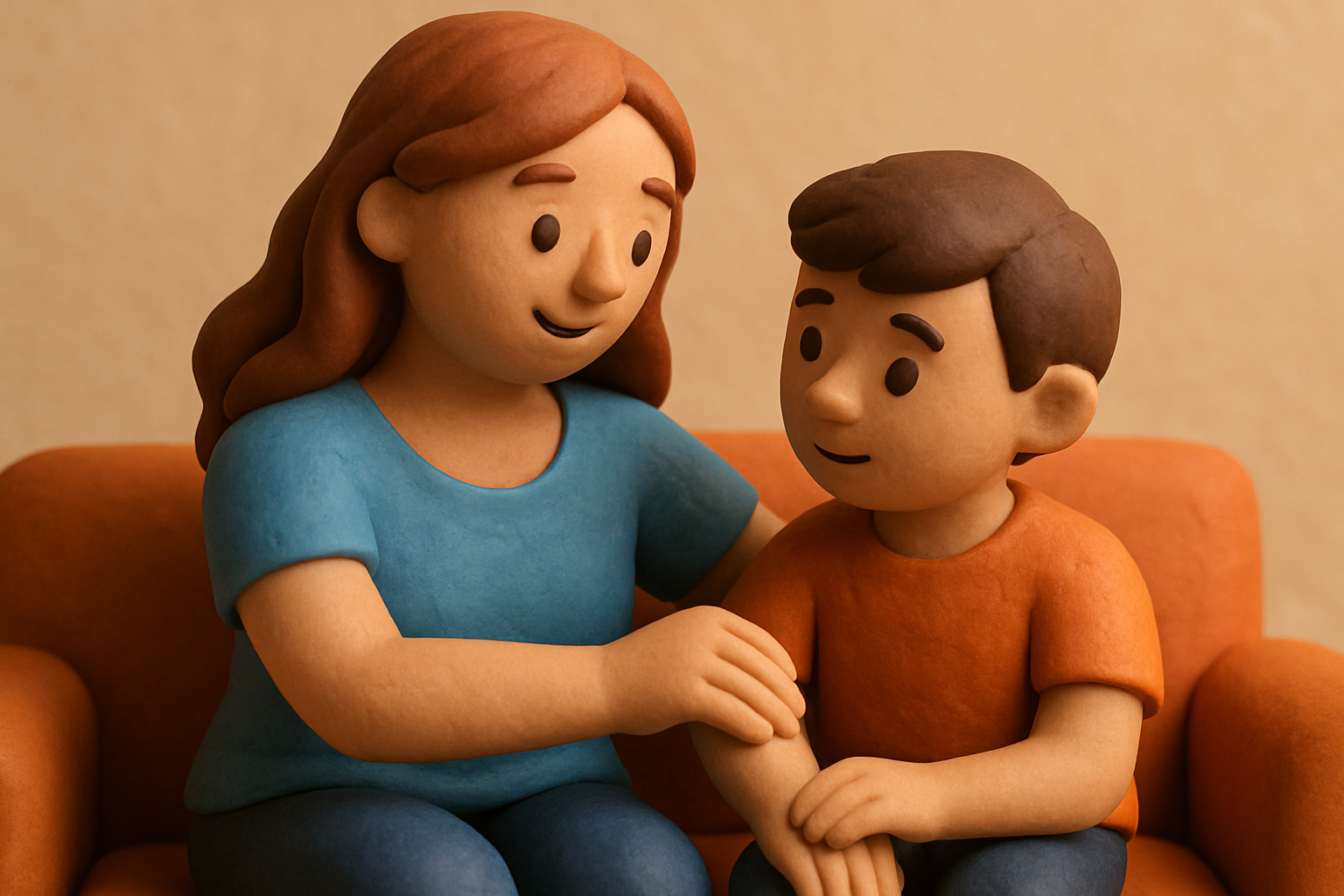
When I explain this to my son, I gently tap his arm and say,
“This? This is what we, ourselves, can control.”
So here’s what I’ve learned:
I can allow someone the freedom to sit in their own stinky diaper—without judgment, and without trying to rescue them.
And at the very same time, I can give myself permission to walk away.
Not out of anger.
But out of respect—for myself, and for the kind of peace I want to live in.
Because resisting the truth about someone often becomes its own kind of suffering.
And we weren’t meant to suffer endlessly in the name of staying loyal to dysfunction.
You’re allowed to make new friends.
To release guilt, shame, manipulation, and the invisible burdens of someone else’s control.
You’re allowed to live lightly.
This is the quiet, radiant beauty of what your Creator made possible:
To walk in stillness.
To leave in peace.
To send love—and keep going.
And It Begins Here:
With clarity. With courage. With you.
✨ If this resonated, share it with someone who needs to know they’re not alone.
💬 Tell us your story or reflections in the comments below — your voice matters here.
🎧 And don’t forget to subscribe to The Gaslight Files for more healing stories, quiet awakenings, and powerful truths that help you rise.
📚 Explore our recommended reading list on Amazon — curated books that speak to emotional healing, boundaries, and clarity after narcissistic abuse.
📝 Start your healing journey with our daily journaling notebooks — available in both paperback and printable PDF formats.
🎓 Take the next step with our self-paced online courses, where you can explore topics like gaslighting, self-worth, and emotional freedom in a deeper, guided way.
━━━━━━━━━━━━━━━━━━━━━━━━━━
Wishing you peace, growth, and all the best,
~ The Gaslight Files Team.


